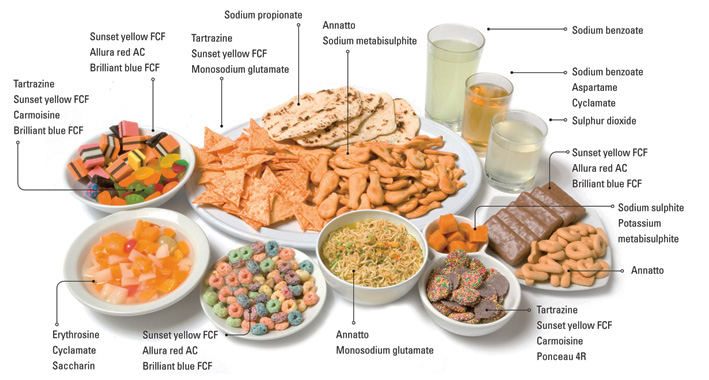Emulsifiers approved for use by the U.S. Food and Drug Administration are commonly added to processed foods to improve texture, increase shelf life and prevent oils and fats from separating. You’ll see them listed on ingredient labels as polysorbate 80, lecithin, carrageenan, polyglycerols, xanthan and other gums in everything from bread and cookies to salad dressings, ice cream, non-dairy milks and more. Emulsifiers are also utilized to reduce or remove trans fats and gluten from low-fat, dairy-free and gluten-free items marketed as “health” foods and can appear in organic and non-GMO labeled foodsas well. As pervasive as they are in packaged foods, could emulsifiers be causing health concerns?
A recent study concludes that dietary emulsifiers promote inflammatory diseases in mice by interfering with beneficialmicrobiota in the gut. According to researchers, dietary emulsifiers disrupt the mucus layer separating beneficial microbiota from epithelial cells of the intestinal wall, resulting in increased bacterial translocation and inflammation of the gut.

